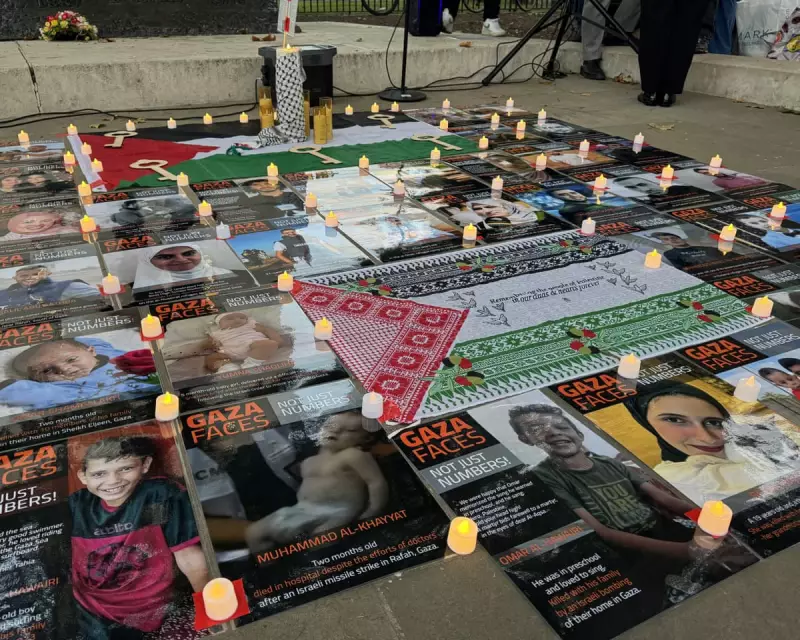
Foreign Secretary Yvette Cooper found herself in the parliamentary spotlight today as MPs returned to Westminster, facing intense scrutiny over the government's evolving position on the Gaza conflict.
Ceasefire Demands Take Centre Stage
During a tense session in the House of Commons, Cooper was pressed repeatedly on whether the UK would explicitly call for an immediate ceasefire in Gaza. The Foreign Secretary emphasised the government's focus on achieving a sustainable humanitarian pause that could pave the way for lasting peace, while acknowledging the "devastating human cost" of the ongoing conflict.
Labour's Internal Divisions Surface
The questioning revealed continuing tensions within the Labour Party, with some backbenchers pushing for more forceful language demanding an immediate end to hostilities. Cooper walked a delicate tightrope between:
- Maintaining the UK's diplomatic relationships with key allies
- Addressing humanitarian concerns from within her own party
- Navigating the complex geopolitics of the Middle East
Humanitarian Crisis Dominates Discussion
MPs from across the political spectrum raised urgent concerns about the deteriorating humanitarian situation in Gaza. Cooper outlined the UK's ongoing efforts to provide aid and support diplomatic initiatives, but faced criticism that the government's response lacked the urgency demanded by the scale of the crisis.
What Comes Next for UK Policy?
As the debate continues, all eyes remain on how the Starmer government will navigate one of the most challenging foreign policy issues of our time. With pressure mounting from both domestic politics and international partners, the UK's position on Gaza appears to be at a critical juncture.
The Foreign Secretary's performance today suggests the government is attempting to strike a balance between moral leadership and pragmatic diplomacy, but whether this approach will satisfy critics on all sides remains to be seen.






